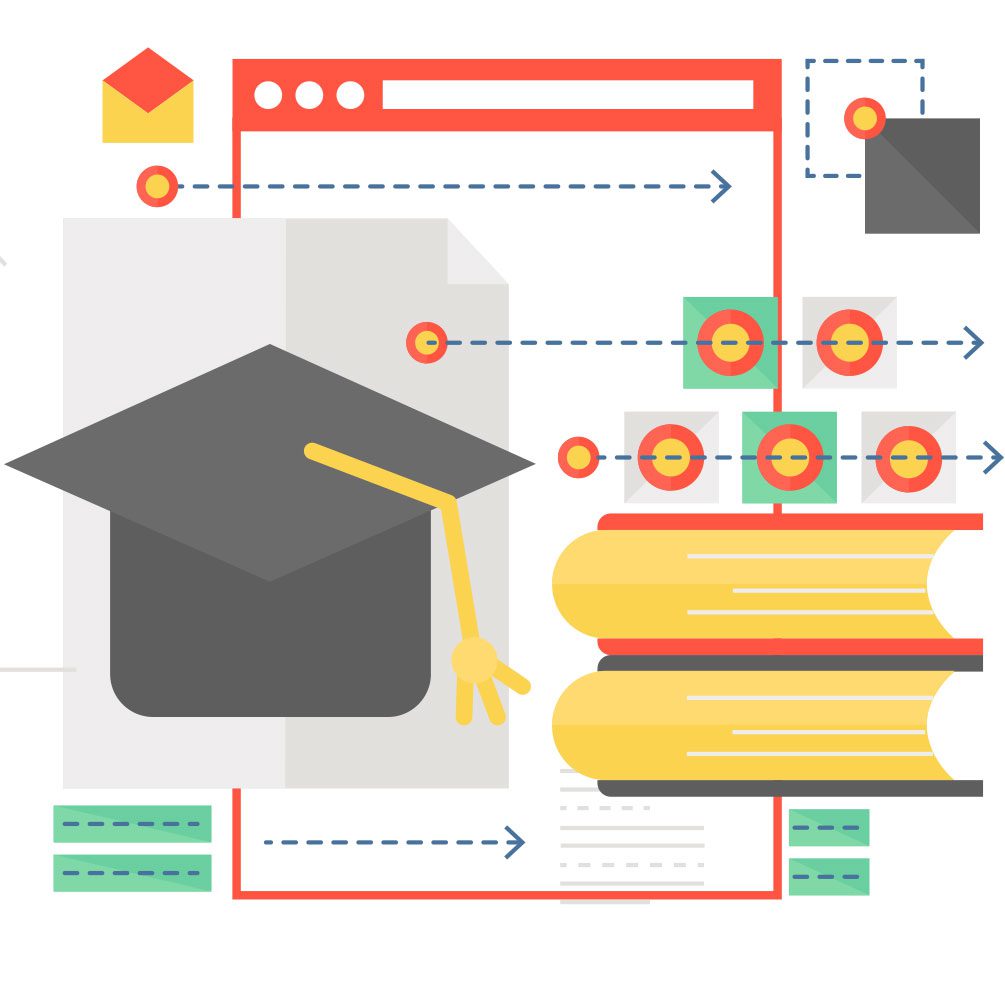This story is one part of our five part educations series. Read more from this feature using the menu below.

Private schooling is a big decision and many variables factor into the process. We surveyed area educators for answers to questions that parents have when comparing schools.
“We are fortunate to have many great public and private school options available to families in the United States,” says Kevin M. Smith, head of school at Tulsa’s Monte Cassino, a Catholic, pre-K to eighth grade institution. “Private schools identify a unique mission and philosophy, so parents should look to match their family’s values and their aspirations for their children to the right school.
“We embody the Benedictine commitment to excellence and serve primarily to promote school programs that ensure the strong have something to strive for and that the weak have nothing to fear. Our REACH program challenges the most highly gifted students and supports students with identified learning challenges.”
Amber Gates, assistant director of communications and curriculum at University School, on the University of Tulsa campus, says parents should consider the costs of private schools.
“Parents need to take a serious look at their financial situation,” says Gates. “They should remember that often the tuition listed is not 100 percent of the money they will need to put out for a private school education. There are often technology and activity fees, fundraisers, apparel, food costs and other things, depending on the school.”
Gates says there is no substitute for taking a physical tour of a school and asking lots of questions because “private schools are not all the same. Some specialize in certain areas.”
Cascia Hall Headmaster Roger Carter agrees.
“Each private school has its own flavor,” he says. “Some private schools are faith-based or focus on shared values. Some schools are college prep schools preparing the student for the rigors of higher education. Other schools are based on supplying a special need or focus on a specific talent. Almost all schools – public included – supply a shadow day where the student can spend the day at school with a student host and get a feel for the institution. Parents should also talk to other parents, not just school officials.”
Availability of financial aid, transportation, and other, less tangible issues should also be weighed, Carter says.
Gates stresses the right fit for each student to each school.
“University School is a school for academically advanced students,” she says. “The curriculum is at minimum one year ahead of other schools at the same grade level. This is a school where hard work is paramount; if your student is not a hard worker, this might not be the best school for him or her.
“University School also prides itself on producing well-rounded students. We do not let students rest on having one subject in which they excel. We require all students to take all subjects – including electives – in order to challenge them and give balance to their education.”
Carter describes Cascia’s culture as: “We are a sixth through 12th grade Catholic school operated by the Augustinian friars. We are open to students of all faiths and more than half of our students are not Catholic; [they’re] attending the school based on our core values of truth, unity and love. Our mission is to prepare students for college.
“We have a rigorous academic curriculum that challenges our students each and every day. We take education seriously, and this focus is evident with the requirement of blazers and ties for young men and blazers for our young women. We build leaders. Tulsa’s current mayor [G.T. Bynum] is a Cascia graduate and we have also had a governor and movers and shakers who shape Tulsa walk our halls.”
Carter emphasizes healthy competition between public and private schools as social contributions.
“I would like to say how important our public school system is to our community, state and nation,” he says. “The funding of public schools must be improved and addressed; it is crucial. I say this selfishly because it is obvious better public schools make better private schools just from the simple word competition.”






















